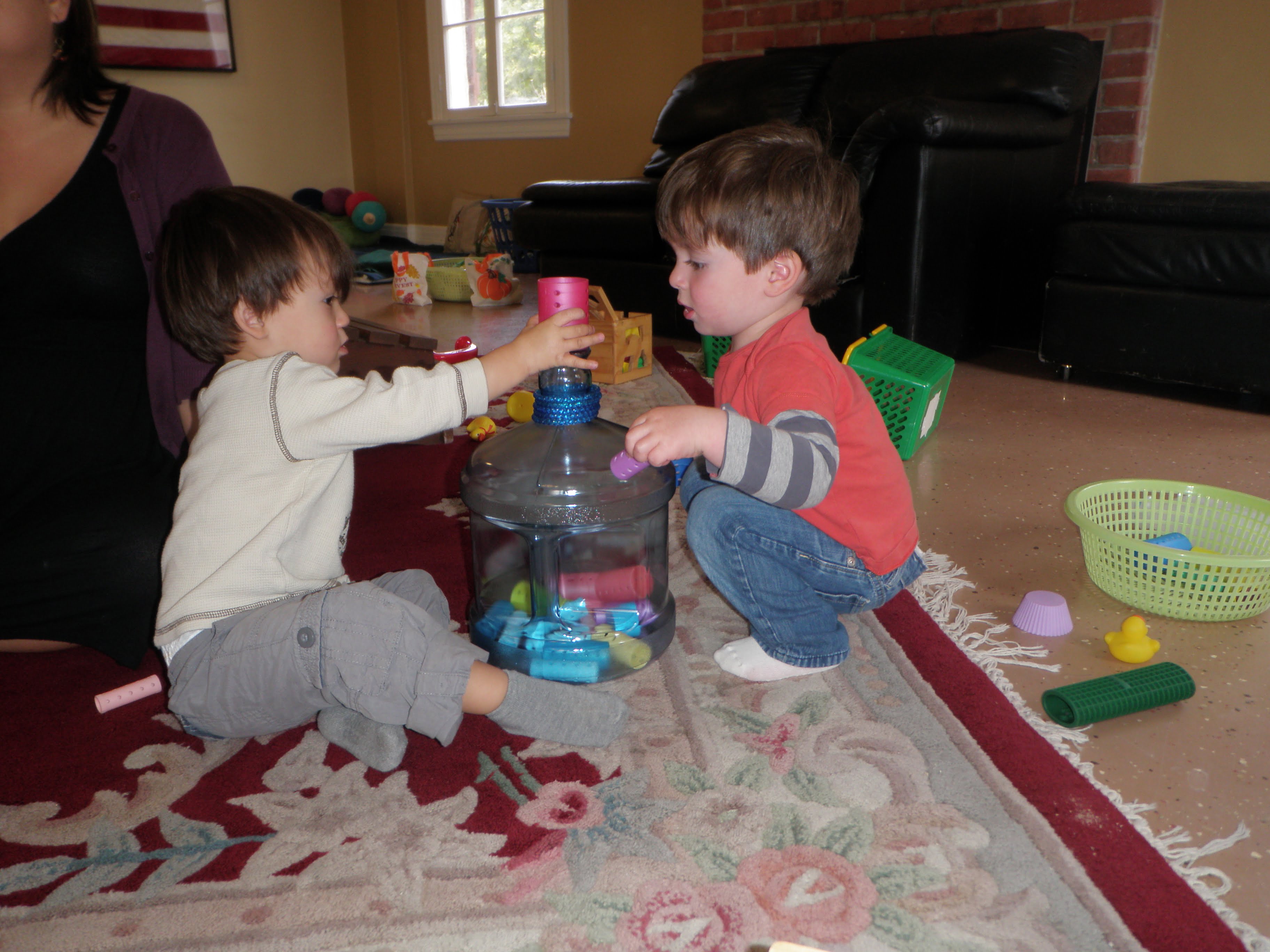In our online RIE® Parent-Infant Guidance™ Class, we talked about different questions and concerns, such as:
How can we respond to children’s demanding attitudes?
I believe that many parents will relate to the experience of two-year-old children screaming and demanding something they want, such as a fruit or a toy. Parents may have mixed feelings about this experience and wonder what approach would be most appropriate.
A few things to consider:
- Screaming and crying, for now, is one of the fastest and still most effective ways to communicate their needs to you.
- The neocortex is still developing and children do not yet have self-control skills. Also, a one-year-old is not yet aware of social norms and expectations.
- The moment of frustration is actually a great opportunity for learning and modeling by responding with calmness and respect.
- If this situation triggers you as a parent, you might want to take a moment and think about it:
- Why do I get frustrated/angry/stressed?
- Maybe I am projecting the child’s future?
- How will my child cooperate with me in his teenage years if he is very demanding now?
- Do you feel defeated?
- Unsuccessful?
- Maybe your parents had a difficult time tolerating your screaming and it was not allowed in your home when you were young.
Now, what can you do? If we change our behavior, our children will change theirs.
Respond rather than react. When we react, we may serve children as fast as we can to avoid their frustration or we may get angry and scold them for screaming.
When we respond, we:
1. Focus on the child
See the child. Take time to say: “I hear you, you want this mango so much!!” You guess their need; sometimes guessing the need correctly brings half of the energy down. Your child will think: “Maybe I am not getting my mango right this moment but I am heard!” Also, you are acknowledging their strong emotions: “You want it so much!!” Now, you are naming the need and the emotions. In the future, children will be able to articulate what they want and how they feel about it.
2. Empathy
“Well, I think we can have a mango.” Use a friendly and relaxed tone of voice. You are creating an atmosphere of calmness and trust. Show empathy for their emotions – all emotions are acceptable. And your calmness should send a message that the situation is under control and everything will be okay.
3. Proceed to the kitchen
“I will wash it first.” Pause. “Now, I am opening the water, making sure it is clean and ready to eat.” Pause. “I will dry the mango. And, now we can clean your hands, so I can give you a piece of mango.” When we narrate our actions, we show children what needs to be done step-by-step, and also you are sending a message of calmness. It needs to happen over and over before your child gets the process.
4. Serve the mango
Enjoy your healthy snack together.
Let me know if you need more information about RIE® Parent-Infant Guidance™ Classes.
Wishing you all the best in this difficult yet exciting journey of parenting!
Warmly,
Teacher Kira














